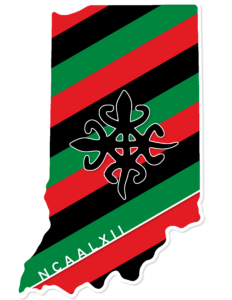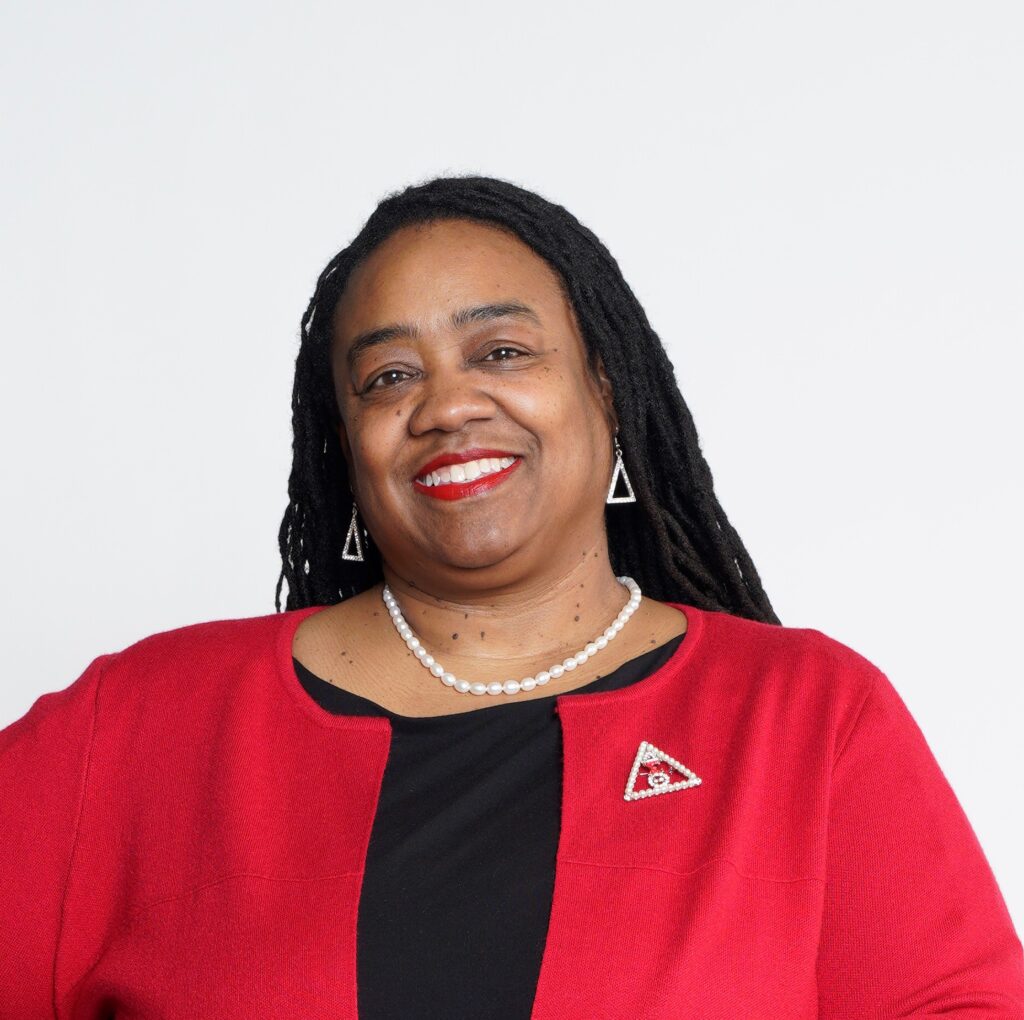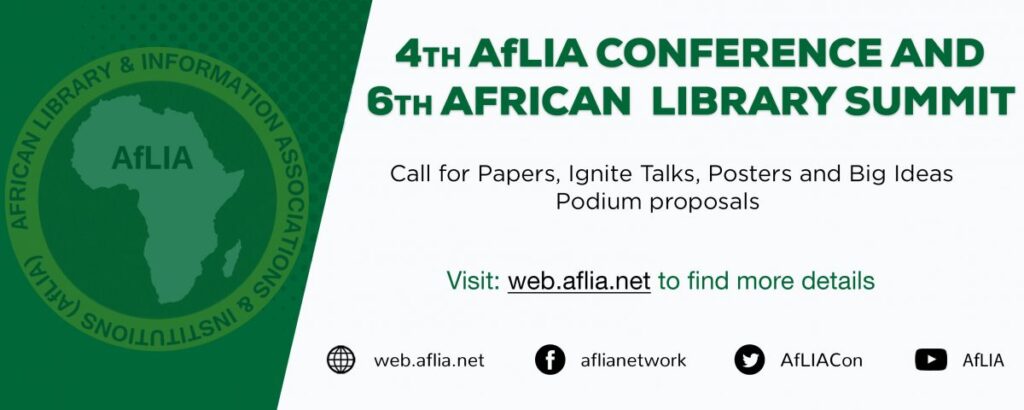On December 8th, 2022 the board of the Indianapolis Public Library convened at the Library Services Center and announced that they had selected Gabriel Morley as CEO, over Nichelle M. Hayes. Hayes had been serving as Interim CEO for the past 8 months.
The library board gave no explanation of why Morley was selected over Hayes. Board members Dr. Patricia Payne and Dr. Khaula Murtadha stated that they had not been informed that Morley had been selected before the board and Morley’s selection was done against what the community’s wishes.
The selection of Morley over Hayes shows that the work on Diversity, Equity, Inclusion, Justice and Access (DEIJA) was purely performative and that they have no desire to institute substantive change.
The selection of Morley over Hayes shows that with the exception of Drs. Payne and Murtadha, are disinclined to make decisions that are for the residents of Indianapolis.
The board of the Indianapolis Public Library decided that the emotional, mental and physical labor of Nichelle M. Hayes was good enough to fix the mess that Judge Jose Salinas created, but not good enough to serve as permanent CEO.
We reject the decision of the Indianapolis Public Library board, and we stand in solidarity with Nichelle M. Hayes. The Indiana Black Librarians Network works to dismantle white supremacy and are angered that the board continues to uphold white supremacy.
We stand with the choice the people of Indianapolis have made: Nichelle M. Hayes.



